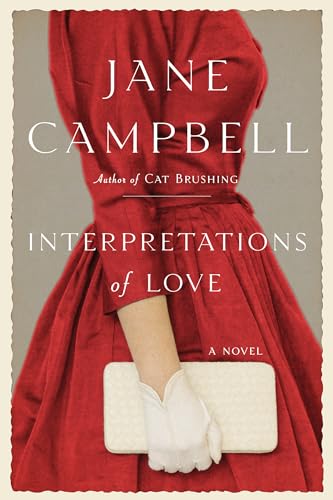Interpretations of Love
Agnes Stacey’s daughter is getting married and, as happy as she is, the coming wedding celebrations fill her with anxiety. She will see her ex-husband and be reminded of their troubled marriage and the loss of their son. She will celebrate with her only daughter knowing that her own mother Sophy, who died when Agnes was only four, was not there to share such milestones. Agnes is not the only guest coming to the reception with worries, though. Her uncle Malcolm comes with a letter written by Sophy right before her tragic death, one that he never delivered to the recipient, instead holding on to the secret contained within its pages for fifty years. And Joseph, a family friend and Agnes’s former therapist, comes to the reception with a long-held obsession of the younger Agnes he had counseled. Although a wedding lunch brings these three together, the letter’s secret has the power to drive them apart.
This is a relaxed novel set during the 20th century in England, with characters and their stories unfurling beneath languid and lyrical prose. All the characters reference a quote by 17th-century philosopher Baruch Spinoza that if a thrown stone had consciousness, it would believe it had chosen its own trajectory. They similarly grapple with their own trajectories, ruminating over free will and predestination, wondering if different choices in the past could have changed the courses of their lives. There is little to surprise the reader, as this is not a novel built on plot twists and suspense. Rather, it is a novel about people and the tragedies, decisions, weaknesses, and determinations that shape them. The characters explore love, in all its forms, and as they come together, re-evaluate and reinterpret what love means to them.










